Mozambique’s Post-Election Protests Escalate: Security Forces Accused of Killing Children, Detaining Minors, and Suppressing Dissent Amid Fraud Allegations
Mozambique’s post-election unrest has turned deadly, with security forces accused of killing at least 10 children and injuring dozens more during weeks-long protests, according to Human Rights Watch (HRW). The violence comes in the wake of a disputed presidential election marred by allegations of fraud.
Children Among Victims in Brutal Crackdown
HRW reported on Monday that hundreds of minors have also been unlawfully detained for days, violating international laws. The protests erupted after Daniel Chapo, the ruling party’s candidate, was declared the winner of the Oct. 9 election on Oct. 24, extending Frelimo’s 50-year grip on power.
The government has not disclosed the number of casualties or arrests, but the Mozambique Bar Association claims over 2,700 people—many of them teenagers—have been detained.
Widespread Unrest Following Election Fraud Claims
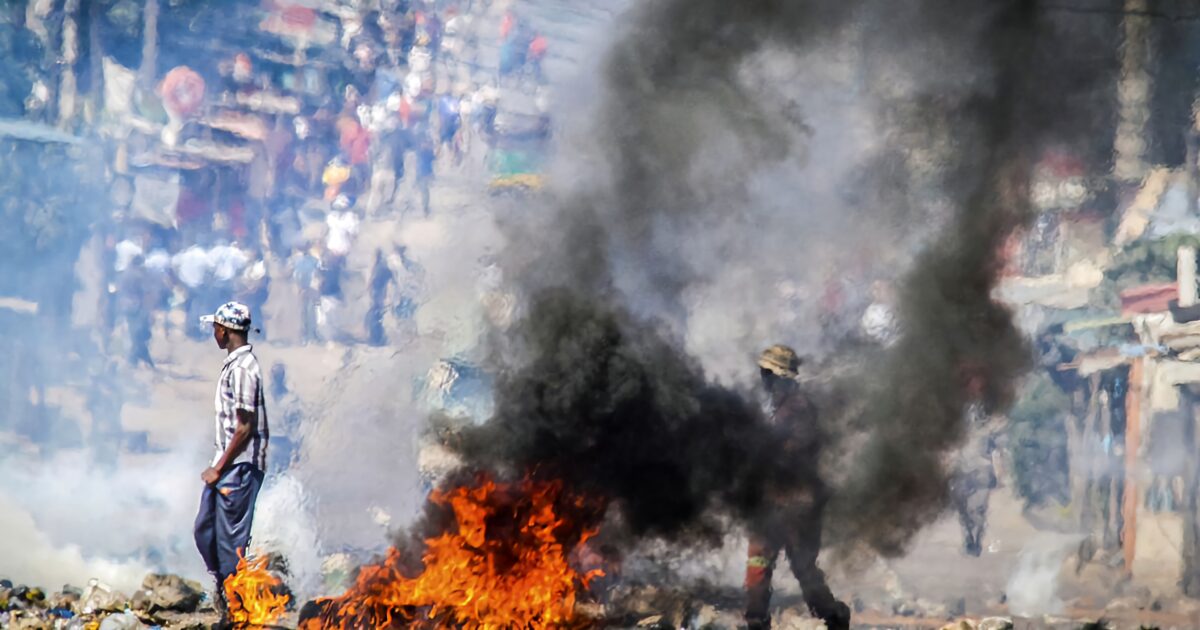
International observers, including the European Union, criticized the election process, which the opposition says was rigged. The protests escalated dramatically after two senior opposition figures were gunned down on Oct. 18 in what their party described as political assassinations.
One of the victims was the lawyer of independent presidential candidate Venancio Mondlane, who lost to Chapo. Mondlane, now in exile, has been rallying support for protests through social media, urging citizens to reject the election results.
Rising Death Toll Amid Security Crackdown
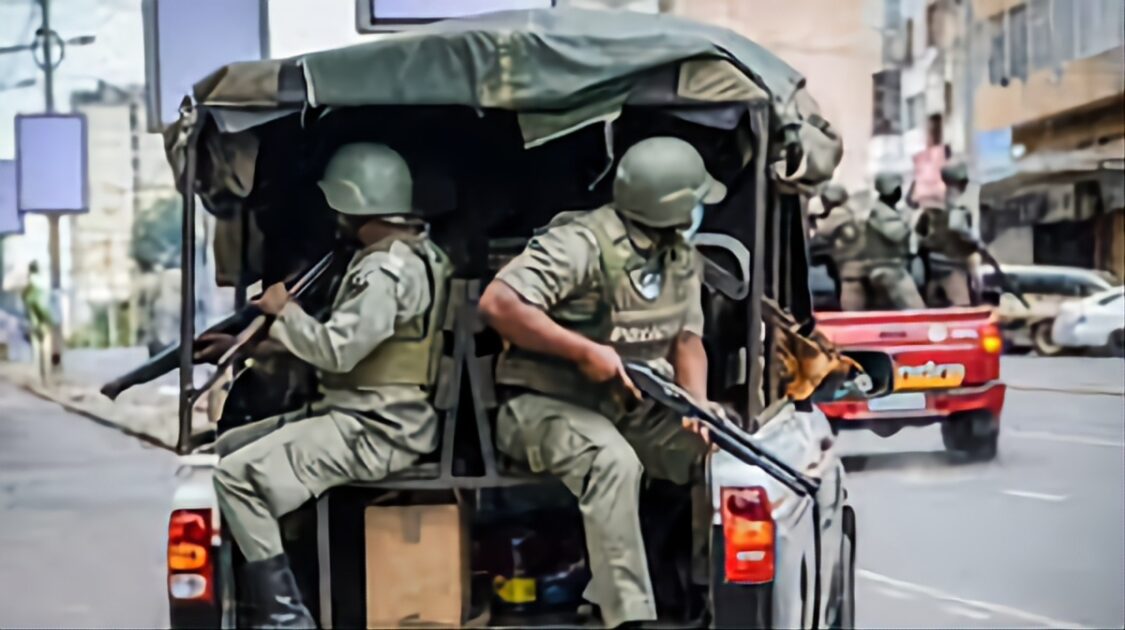
Rights groups estimate that at least 30 people have been killed as security forces fired live bullets into crowds of demonstrators, while local sources suggest the death toll could be as high as 50. The ongoing violence has disrupted daily life in the capital, Maputo, and other cities, with schools and businesses shuttered.
Political Turmoil Deepens Frelimo’s Legacy of Controversy
Frelimo, which has ruled Mozambique since independence from Portugal in 1975, faces its most significant challenge yet. Accusations of election fraud and violent crackdowns on dissent are reigniting longstanding tensions in the southern African nation.
Chapo is poised to succeed outgoing President Filipe Nyusi, who has served the maximum two terms. However, the wave of protests highlights growing dissatisfaction with Frelimo’s leadership and raises questions about Mozambique’s political future.
As the unrest continues, international pressure is mounting for Mozambique’s government to address human rights violations and ensure accountability.





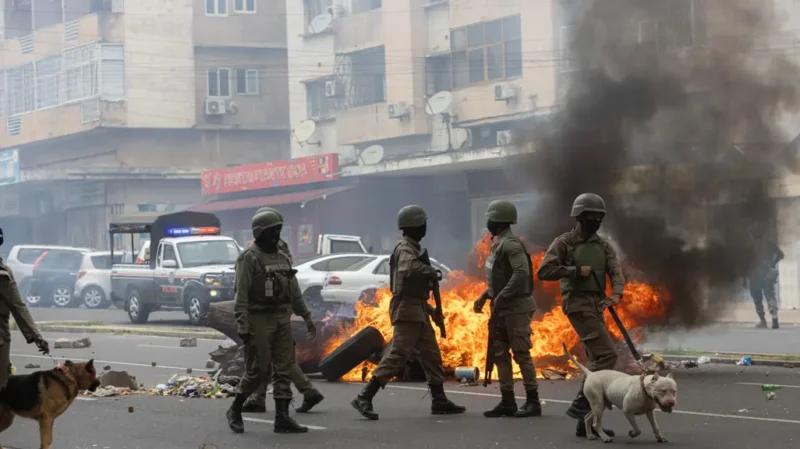

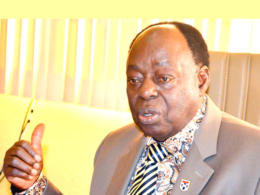
![Breaking: Rivers Youths Shut Down Council Secretariats as Tenure of Office Ends for Administrators At least 40 dead in Moscow concert hall attack, Ukraine Denies Involvement Rivers Assembly Overrides Fubara, Enacts New Law Breaking: Former Community Youth Leader, Four Others Shut Dead in Egbema, Imo State [VIDEO] Tragic Incident in Enugu: Mother of Three Commits Suicide After Abandoning Children at Police Station BREAKING: Three-storey building collapses as Ebute Metta, Lagos Akwa Ibom pastor Solid Rock Church, Apostle John Okoriko abia uturu student gunmen Asuu suspends strike bonny lga chairman Hon. David Rogers Irimagha Another Kidnapped Victim, Suleiman Sabo rescued by Police In Abuja](https://reportafrique.com/wp-content/uploads/2020/12/report-afrique-breaking-news-260x195.jpg)
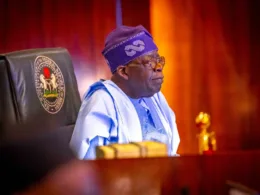
Join our Channel...